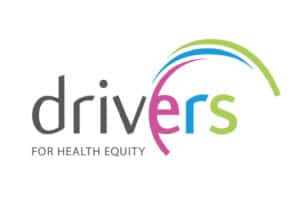
The scientific literature indicates at least four interrelated ways that work and employment are critical to population health and health inequalities:
- Labour market and economic policies determine employment rates and conditions of employment, for example precarious, insecure or informal work.
- Wages and salaries form the largest part of income for most people, and low income affects health via material deprivation and stress; these, in turn, are often associated with unhealthy behaviours and lifestyles.
- Adverse working conditions in terms of physical, biological and chemical hazards, accidents, long or irregular working hours, shift work and physically demanding work increase workers’ risk of ill health.
- The way workplaces are organised has changed significantly and psychological and socio-emotional job demands and challenges have become much more common as a result. Imbalances between demand and control and effort and reward contribute to the spread of psychologically adverse workplace environments.
Health-adverse employment and working conditions are unequally distributed across the workforce, with lower socio-economic groups usually at higher risk of ill health as a result of work than higher socio-economic ones. It is therefore clear that work doesn’t just affect health but also contributes to and exacerbates health inequalities.

This challenge is being taken up by Professor Johannes Siegrist of the University of Dusseldorf as part of the DRIVERS project. His work focuses on identifying links between working conditions, social inequalities and unequal health, bringing together current evidence about employment and workplace health and safety interventions at different levels and critically evaluating their effectiveness. The ultimate aim of his work is to develop a model linking employment and social policies to quality of work and health inequalities. This work will inform the development of advocacy methodologies and case studies to test findings and provide input to scientific and policy recommendations for local, regional, national and EU levels of decision making.
DRIVERS project is co-funded by the Seventh Framework Programme from DG Research.
Press Releases on DRIVERS
Useful websites
EU policies and instruments in Fair Employment

Drivers team
Claudia Marinetti and Linden Farrer are EuroHealthNet Research-Knowledge Coordinator and Project-Policy Officer. Both work on DRIVERS “Addressing the strategic Determinants to Reduce health Inequity Via 1) Early childhood development, 2) Realising fair employment, and 3) Social protection. DRIVERS project is co-funded by the Seventh Framework Programme from DG Research.
